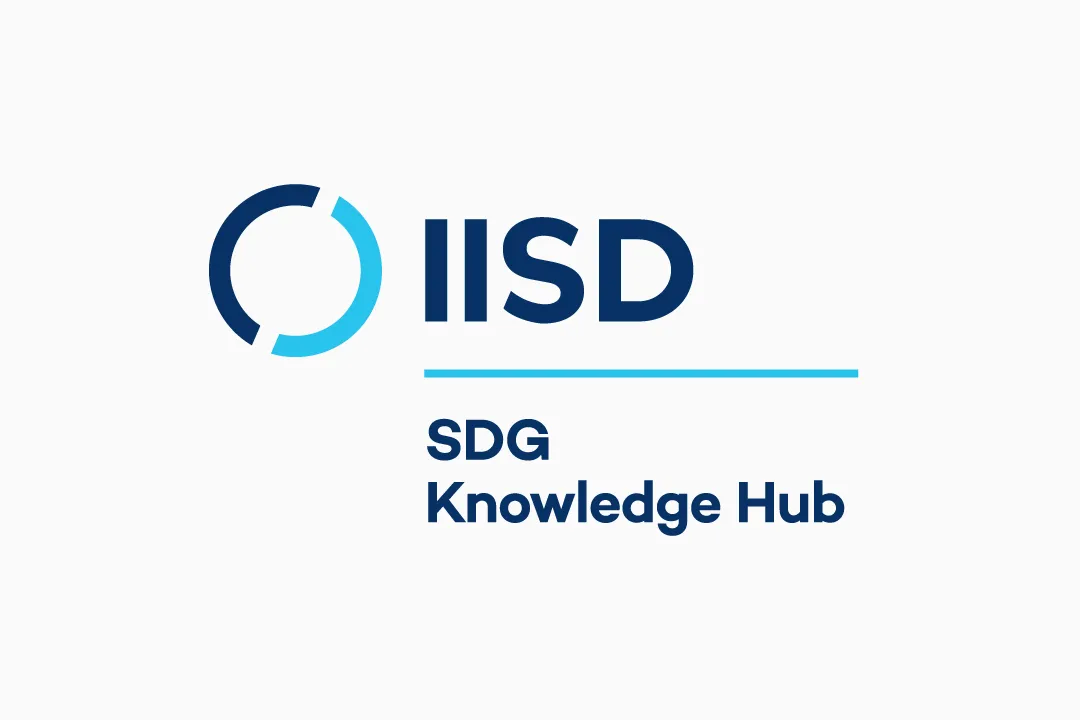 19 January 2016: The US$4 million Zayed Future Energy Prize has been presented to the winners for 2016. The prize, which recognizes innovative solutions that aim to lead to a sustainable energy future, were announced during a ceremony at the World Future Energy Summit on 19 January 2016 in Abu Dhabi, the United Arab Emirates (UAE).
19 January 2016: The US$4 million Zayed Future Energy Prize has been presented to the winners for 2016. The prize, which recognizes innovative solutions that aim to lead to a sustainable energy future, were announced during a ceremony at the World Future Energy Summit on 19 January 2016 in Abu Dhabi, the United Arab Emirates (UAE).
The lifetime achievement award was presented to Gro Harlem Brundtland, a physician, manager, politician and international activist. Over the course of her career, Brundtland served as Prime Minister of Norway; chaired the World Commission of Environment and Development; became the first female Director-General of the World Health Organization (WHO); served as UN Special Envoy on Climate Change; and was the “guiding force” behind the ‘Brundtland Report,’ which made the term sustainable development a centerpiece of international environmental negotiations.
BYD Company Ltd. received the ‘large corporation’ award as the world’s largest rechargeable battery supplier and new energy vehicle manufacturer. The small and medium enterprise (SME) award went to Tanzanian-based Off Grid Electric, the world’s first massively scalable off-grid electric company, which provides clean, affordable and transformative energy to households that previously lacked access to reliable power. The non-governmental organization (NGO) winner was Kopernik, which delivers sustainable energy technologies to last mile communities to reduce poverty, including solar lights, solar home systems, water filters and clean cookstoves. As of October 2015, Kopernik had distributed more than 60,000 units of clean energy technologies to over 300,000 people.
The global high school winners were Institución Educativa Gabriel Plazas (Americas), Schuelerforschungszentrum Suedwuerttemberg (Europe), SOS HG Sheikh Secondary School (Africa), Korea Science Academy of KAIST (Asia) and Cashmere High School (Oceania). The schools were awarded the prize as they, inter alia: help develop leadership skills; offer independent study so students can take the initiative to conduct research in projects that interest them; emphasize math and science; and promote a sense of community, service and commitment to sustainability.
The evaluation of each submission undergoes a four-stage process that includes research and analysis, a review committee, a selection committee and a jury that makes the final decision. Submissions are evaluated based on impact, innovation, leadership and long-term vision.
The prize, managed by Masdar in Abu Dhabi, was the vision of the late ruler of Abu Dhabi and founder of the UAE, Sheikh Zayed bin Sultan Al Nahyan. The prize was first awarded in 2008 at the World Future Energy Summit (WFES) and is awarded annually to a large corporation, an SME, an NGO, and up to five high schools from five different regions of the world. In addition, a lifetime achievement award is presented. [Zayed Future Energy Prize Winners] [Zayed Future Energy Prize Finalists] [IISD RS Story on the World Future Energy Summit and Abu Dhabi Sustainability Week]

